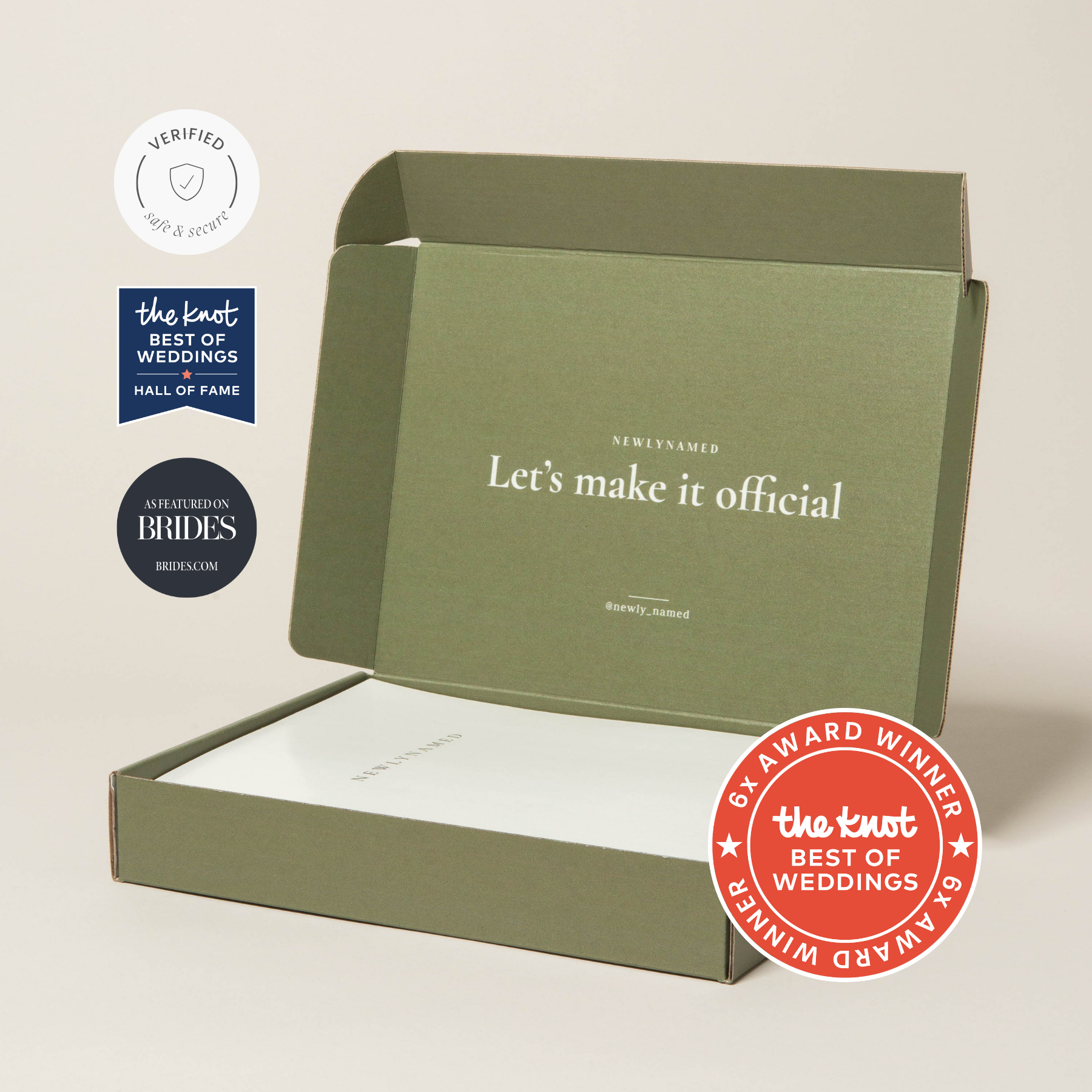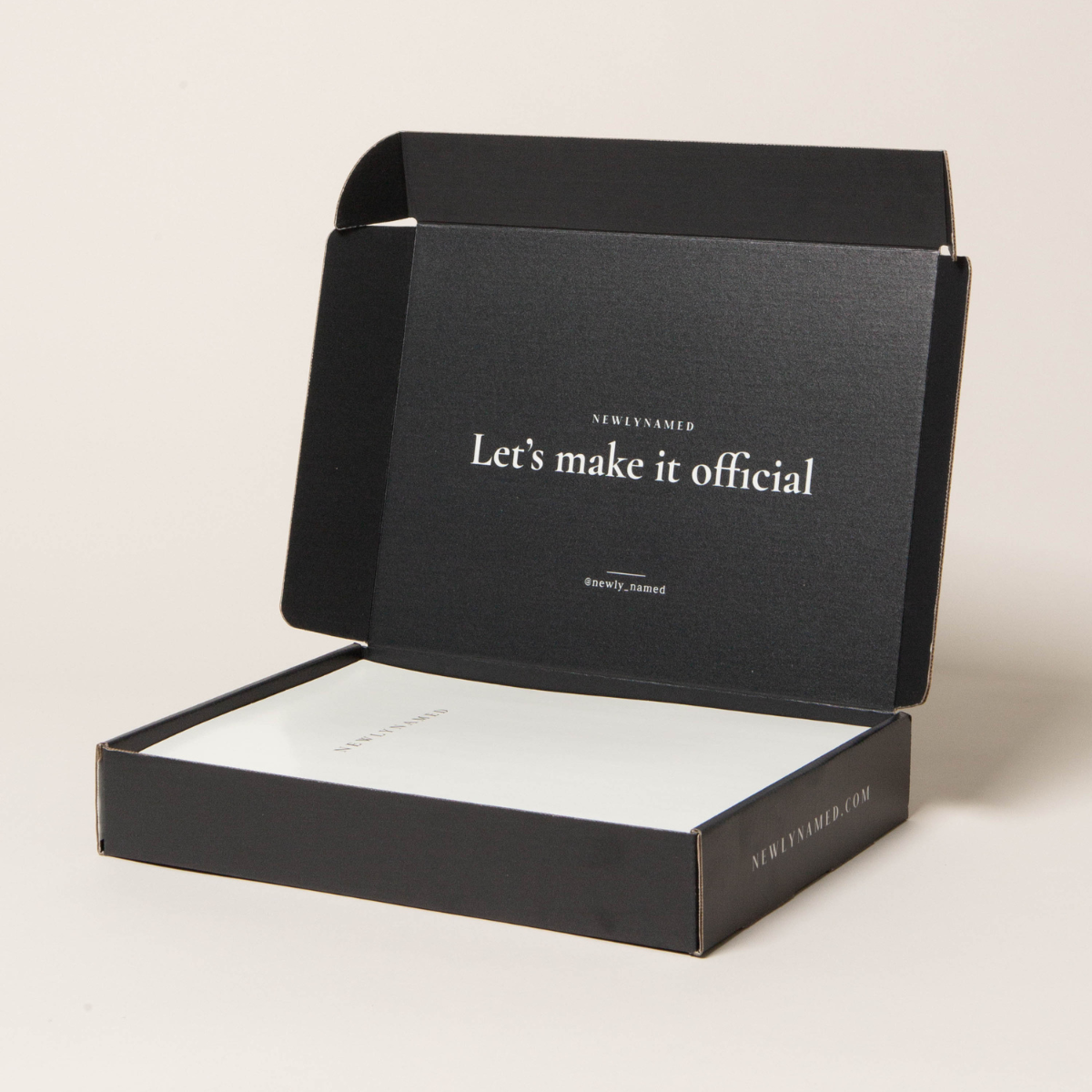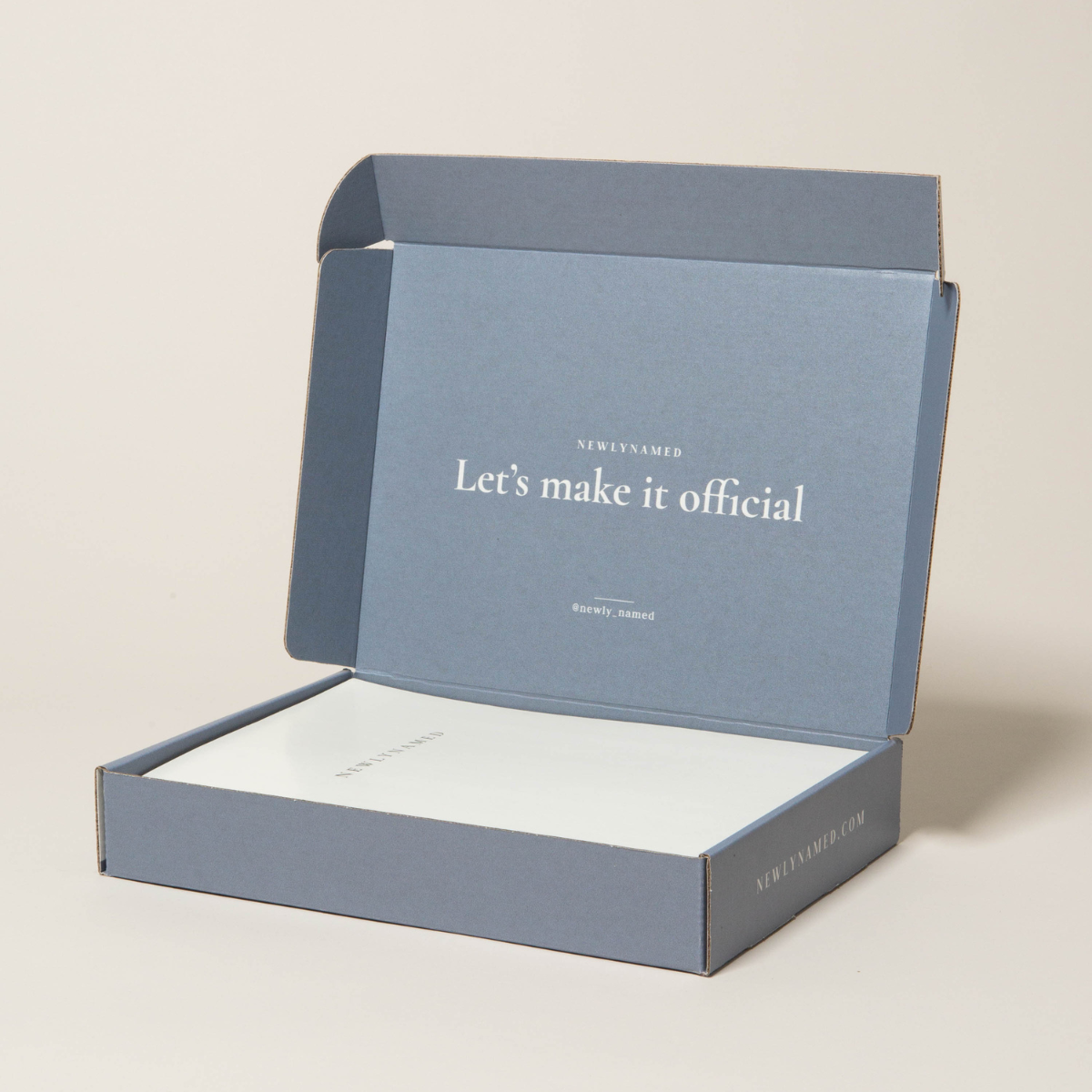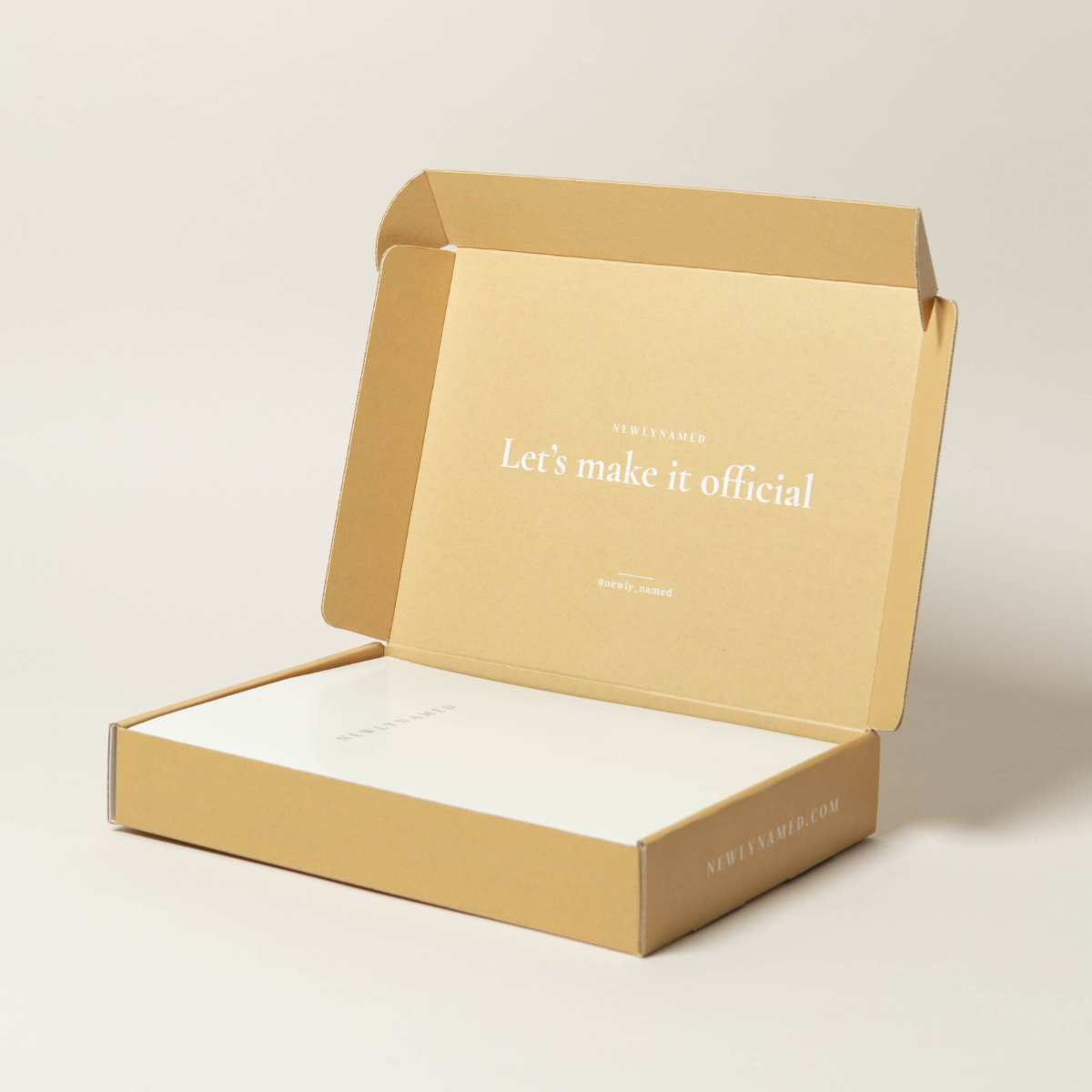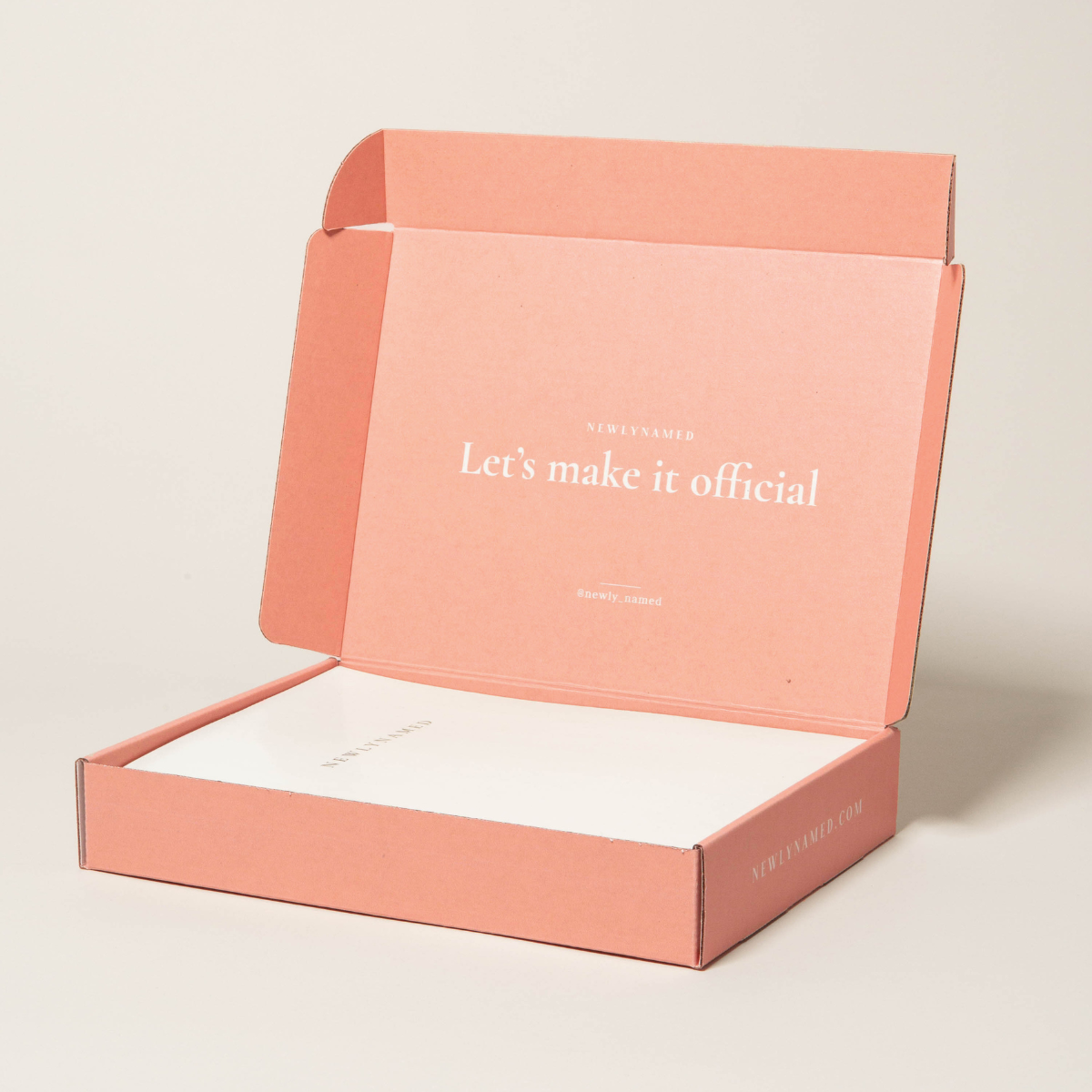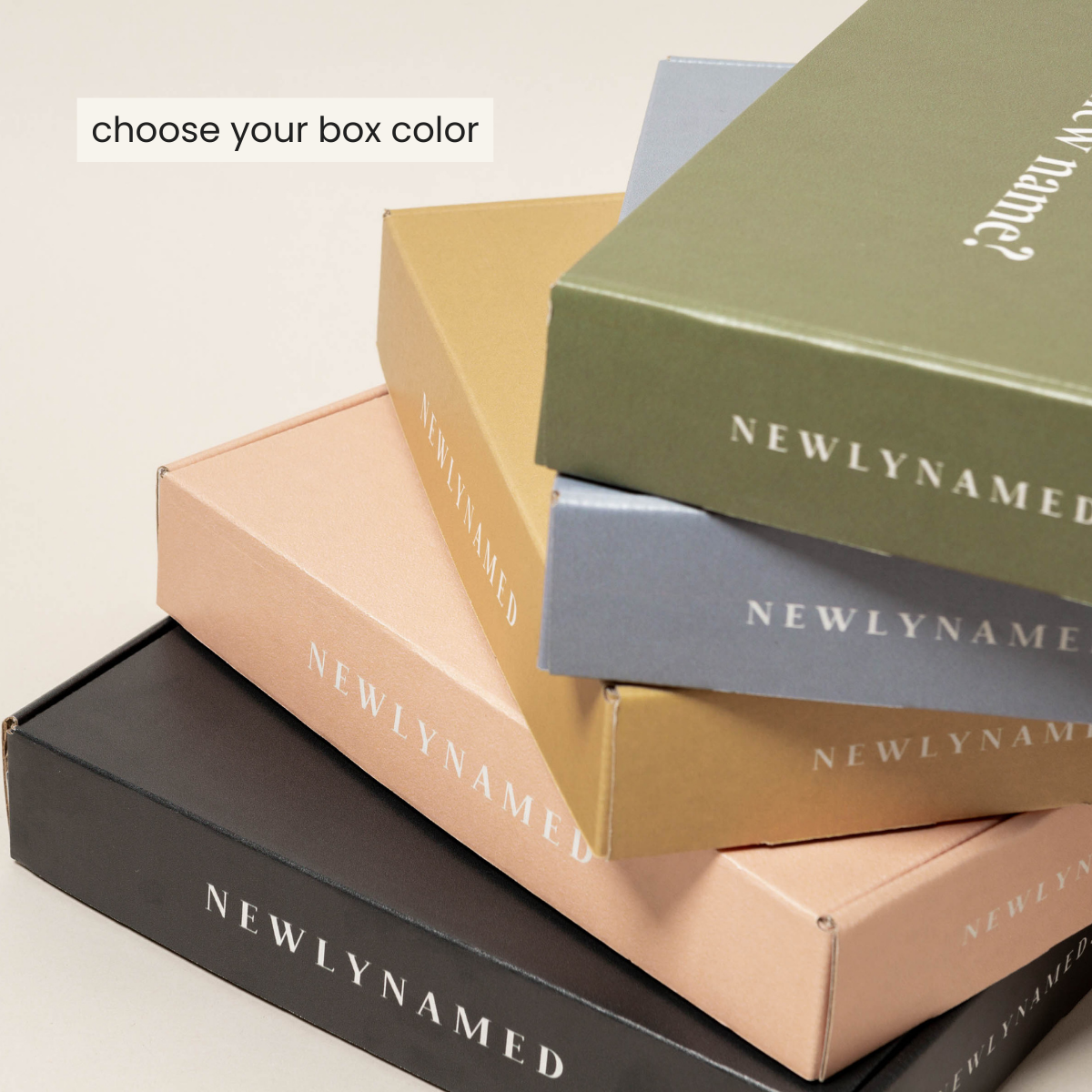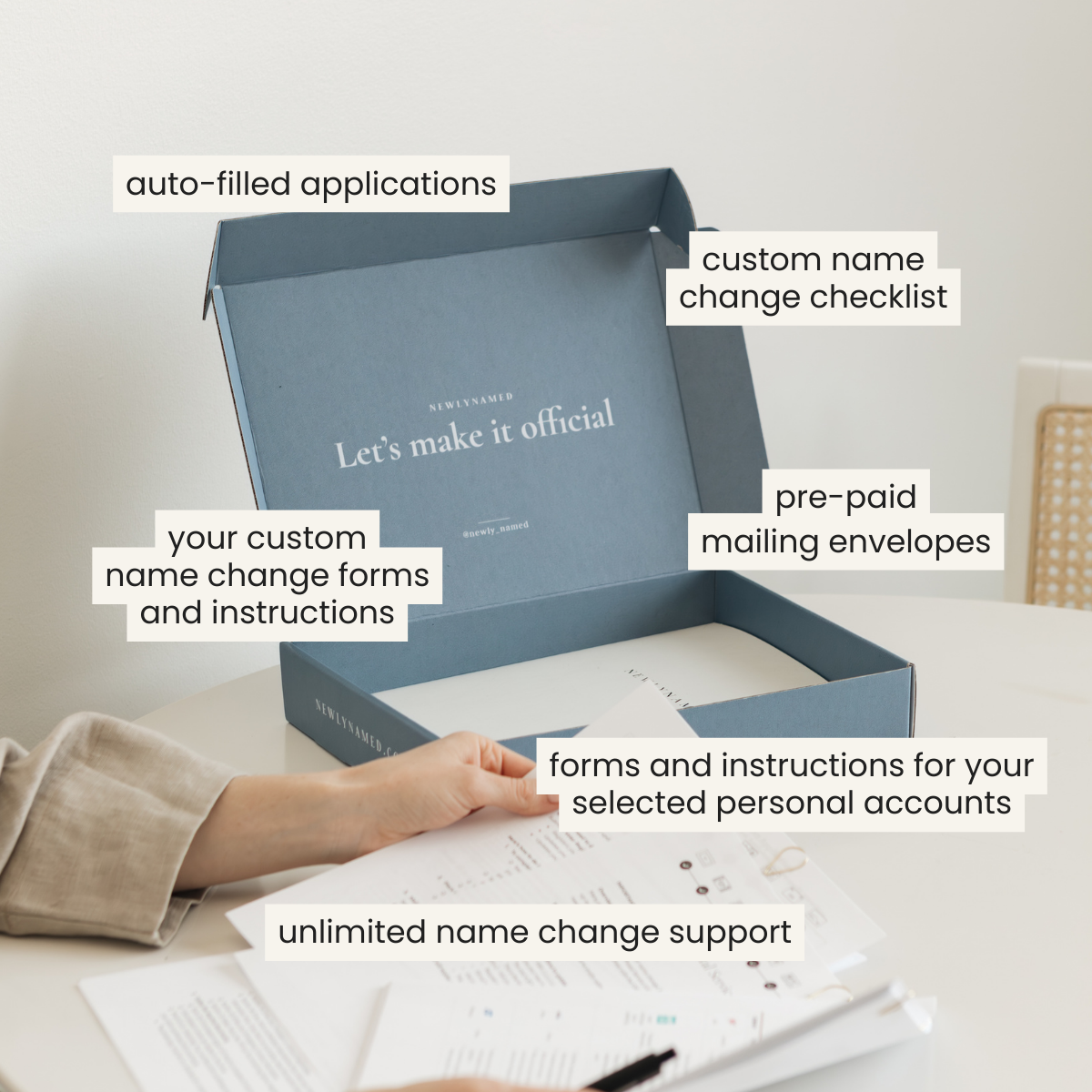Important Document Organizer
Ever tried filling out five government forms at once, only to realize your Social Security card is located somewhere you can’t remember? When it comes to name changes, misplacing a single piece of paper can bring everything to a halt. Organization is everything, especially when you’re dealing with piles of paperwork and a maze of applications. For those of you searching for a streamlined transition to your new identity, an important document organizer might be your new best friend.
Core Documents Every Adult Should File Safely
Let’s be honest: Life comes with a lot of paperwork. Some of it, like old appliance manuals and junk mail, can be purged. But there’s a core set of documents everyone needs to handle the logistics of adult life. Whether you’re creating a name change checklist, buying a house, starting a new job, or handling a major life change, having a reliable organizer for important papers ensures you’re not rifling through drawers when life throws you a curveball. Here's a practical list of what to keep securely filed:
- Birth Certificate: You may need to present your birth certificate for your passport, marriage license, or while registering for school. It’s a document that keeps coming up, even well into adulthood.
- Social Security Card: These essential digits are used for everything from employment verification to tax forms and benefit applications. While you won’t need it often, it’s essential to store it somewhere safe and easy to locate when the time comes.
- Driver’s License or State ID: Your dependable proof of identity for everything from domestic travel and job forms to banking and healthcare. If you update your name, this is often one of the first documents to change after your Social Security card. Always make sure you have the current one filed away or, at the very least, a clear copy.
- Passport: Even if you’re not a frequent traveler, a valid passport is a powerful form of identification. Make sure it’s stored securely and consider keeping a photocopy or digital scan in a separate location for emergencies.
- Marriage Certificate, Divorce Decree, or Court Order: These legal documents play a major role in name changes and benefit claims. They're often required as supporting evidence for things like updating your government-issued photo ID.
- Health Insurance and Medical Records: Keeping this information handy saves time and stress during appointments, emergencies, or insurance transitions.
- Tax Returns And Financial Documents: Hang on to recent returns (usually the last 3–7 years) along with supporting forms like W-2s, 1099s, or mortgage statements. These are commonly needed for loan applications, proof of income, or financial planning.
- Estate Planning Documents (Will, Power of Attorney, Advance Directives): No one likes to think about worst-case scenarios, but these documents make sure your wishes are respected and that loved ones aren’t left guessing.
- Kids’ And Pets’ Records: If you're a parent or pet owner, it helps to store key documents like immunization records, birth certificates, adoption papers, and vet info in one place. That way, when school forms, travel plans, or vet visits pop up, you’re ready.
No matter your current life stage, an important document organizer brings calm to the chaos. Whether you’re planning a wedding or moving cross-country, organizing these documents now saves time and stress later.
If a name change is on your agenda, a name change kit can take a lot of the pressure off. Our all-inclusive packages include personalized forms, detailed instructions, and one-on-one support to help you handle the paperwork without the stress.
Paper, Digital, Or Hybrid: Choosing Your Organizer Style
So, you’ve decided to get your file organizer for documents in order. Congratulations! By now, you might have a growing stack of records at your side, or maybe a few neatly labeled folders on your desktop. When choosing an important paperwork organizer, the right style depends on how you like to stay on top of things. Whether you’re a pen-and-paper traditionalist or a digital minimalist, the best system is the one that keeps you feeling confident and in control.
Paper Organizers
There’s something reassuring about having tangible paperwork that’s printed, labeled, and right in front of you. From color-coded folders to expanding accordion files or the satisfying snap of a binder, a physical organizer makes it easy to flip through and find your passport application, legal name change document, and more. You can create specific sections like “Social Security,” “Driver’s License,” and “Bank Accounts,” so you know where everything lives. Plus, jotting down notes by hand helps lock in deadlines and to-dos for those who remember best on paper.
Digital Organizers
If your idea of staying organized is reducing paper clutter, a fully digital system might be your go-to. Cloud-based folders, spreadsheets, and mobile phone apps let you store scanned documents, checklists, and reminders all in one place. As an added bonus, you can access your information from anywhere. It’s a great option if you're tackling your name change while juggling a busy schedule, so you can check on your progress from anywhere.
Hybrid Organizers
Can’t choose one over the other? A hybrid system gives you the best of both worlds. You might keep original documents and mailed forms in a labeled folder, while storing digital backups in the cloud and tracking progress with your favorite notes app. This approach offers added peace of mind, especially if you're worried about misplacing something important or want your information available at a moment’s notice.
No matter what format you choose, the goal is the same: keeping your paperwork organized and always at your fingertips when you need it most.

Secure Storage: Fireproof, Waterproof, And Theft-Resistant Options
Organizing important documents is only half the battle. Keeping them truly safe is where the magic happens. Your Social Security card, passport, and driver’s license are legal proof tied to your identity, your new surname, and your ability to access everything from government benefits to travel plans. Here’s how to protect them for the long haul:
- Fireproof Safe: A fireproof safe acts as a protective vault during emergencies like house fires. Many are designed to withstand temperatures up to 1,700°F for 30 minutes to two hours. It’s a solid spot to store your certified documents, court orders, and the most sensitive paperwork.
- Waterproof Container: Burst pipes, floods, or even just an accidentally spilled cup of coffee? Liquids are everywhere, and it only takes a little to turn your papers into mush. Waterproof document bags and containers create a sealed environment that protects against moisture. Many fireproof safes are also dual-rated for water protection, offering double the coverage with one simple solution.
- Theft-Resistant Options: For added peace of mind, look for safes that offer theft protection, too. Features like steel construction, physical key or digital locks, and the choice to bolt the safe to the floor can help deter tampering. If a full safe isn’t your style, a lockable filing cabinet offers another layer of protection for everyday access.
When it comes to your most important documents, safe storage helps you set yourself up for the coordinated, worry-free life you deserve. As an added tip, make sure a trusted family member or your partner knows where you keep your documents in case they need to access them in an emergency.
Maintaining Your Organizer: Monthly And Annual Checklists
Keeping your important document organizer up to date isn’t a one-and-done task. It’s an ongoing habit that pays off over time. To keep your paperwork streamlined, carve out a little time each month and year to give your organizer some love.
Monthly Tasks
- Purge The Paper Stack: Each month, give your files a quick once-over. Shred anything that’s outdated or no longer relevant, such as expired insurance cards, old utility bills, or random papers that snuck in.
- File New Documents Right Away: Got a new insurance card or updated account statement? File it immediately. It only takes a few minutes and saves you from future clutter.
- Update Contact Info: If you’ve moved, switched banks, or changed jobs, make sure those address and contact updates are reflected in your organizer.
Annual Tasks
- Do A Big Review: At least once a year, crack open your organizer and do a full sweep. Check that your vital documents (passport, Social Security card, birth certificate) are accounted for and in good condition.
- Renew Or Replace: Look out for expiration dates on your driver’s license, health insurance, or travel documents. Flag anything that’s coming up for renewal or needs replacing.
- Digital Backup Check: If you’re storing digital copies, double-check that everything’s current and securely backed up. Scan any new documents to keep your digital files as tidy as your physical ones.
- Revisit Beneficiary Info: While you’re at it, revisit the beneficiaries listed on your bank accounts, insurance policies, and retirement plans to make sure they still match your wishes.
By following these checklists, your important document organizer won’t just sit on a shelf collecting dust. It’ll become your secret weapon for cutting down admin chaos in your daily life.
Read also:
Is a physical or digital document organizer better?
Both options have their strengths, and the better choice depends on how you like to stay organized. A physical organizer, like a binder or accordion file, gives you the tactile satisfaction of flipping through pages and keeping hard copies within arm’s reach. It’s a great choice if you like writing notes by hand or feel more at ease having paper backups. Digital organizers are ideal if you prefer a paper-free setup and want to access your documents from anywhere. They allow you to update, duplicate, or share files quickly and efficiently. Many people end up using both, especially during life transitions like a name change.
How do I categorize my documents?
The most effective way to organize your documents is by sorting them into categories that reflect the type of document and the institutions you’re working with. You might start with a “Personal Identification” section for your birth certificate, Social Security card, marriage certificate, and driver’s license. Financial documents like bank and credit card info might live in their own folder, while utility bills or lease paperwork could be grouped under a segment labeled “Household.” Labeling your subsections clearly and noting the date submitted, if possible, can save a ton of time and frustration.
What features should I look for in a document organizer?
Look for something that helps you stay both organized and secure. If it’s physical, having multiple pockets or folders will help you categorize your papers easily. Portability is another plus, especially if you’re heading to appointments or legal offices. Having an index or table of contents in the front can also help you track what’s where. If you’re going digital, choose a system with cloud backup, easy sharing, and strong password protection.
How often should I update my important document organizer?
You’ll want to update it anytime a major life event occurs like marriage, divorce, or a new job. During the name change process, it’s helpful to refresh your organizer every time you complete a step. Outside of major transitions, doing a quick check-in every 6 to 12 months ensures your documents stay current and relevant.
Can multiple users access the same organizer?
Yes! Sharing your organizer with a partner or trusted family member is totally doable, as long as there’s a system in place. With physical organizers, keep them somewhere secure but convenient, and make sure everyone involved knows where to find key paperwork. For digital setups, shared cloud folders or password managers are a great way to give others access while keeping your personal information protected. Just make sure you’re only sharing data with people you trust.
What is the best way to back up my organizer?
If you’re working digitally, always have at least one secure backup, either through encrypted cloud storage or an external hard drive. For physical documents, storing originals in a fireproof safe is a smart move, and having scanned digital copies adds an extra layer of security.

